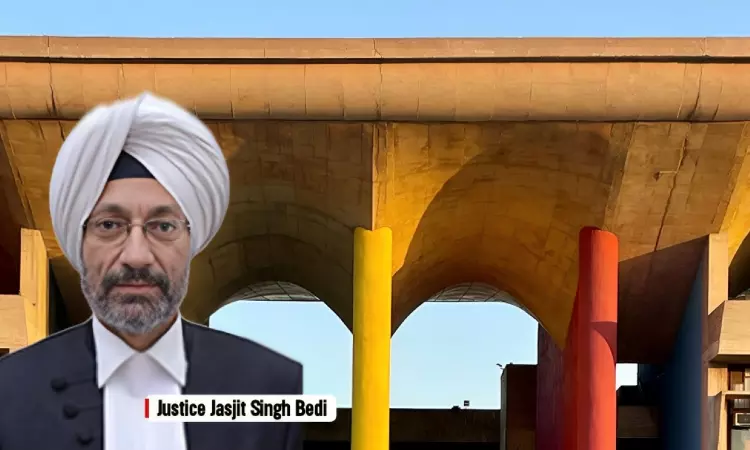'Samadh' Of A Family Member Not A 'Place Of Worship', Its Defilement/Damage No Offence U/S 295 IPC: Punjab & Haryana HC
Aiman J. Chishti
13 Dec 2023 1:24 PM IST

Next Story
13 Dec 2023 1:24 PM IST
The Punjab & Haryana High Court has held that the desecration of the Samadh of a family member would not amount to the offence of defiling of a place of worship or sacred object under Section 295, IPC.Justice Jasjit Singh Bedi observed, “A Samadh of a family member cannot constitute a place of worship held sacred by a class of persons. In the case of such a Samadh, a desecration...
